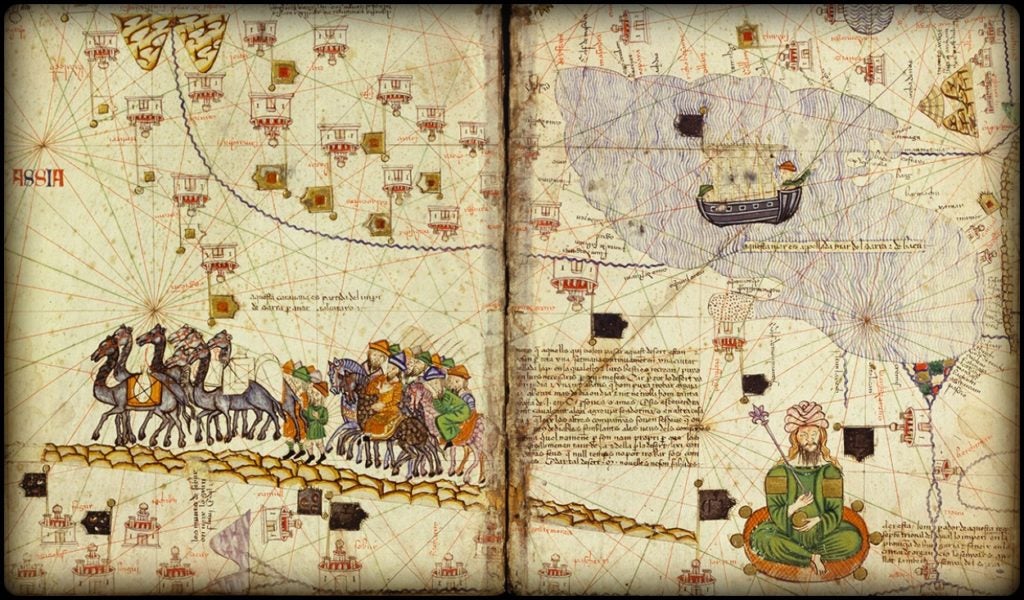ONLINE, August 3-7, 2020
The Renaissance is often characterized as a humanistic revival of classical influences and an awakening of scientific endeavor and the arts. At the same time, the Renaissance expressed the growing connectedness of Europe with the globe. Stimuli from outside opened new worlds of ideas, arts, and material culture. People—Africans, Asians, Americans, and Europeans—moved over land and sea, introducing new foods, objects, clothing, and technologies and changing the way they viewed themselves and the scope of the earth itself. Inspired by Sanjay Subrahmanyam’s concept of connected histories, STI 2020 will explore topics that illustrate the impact of this movement of people, animals, and objects on a new global scale.
Because of the ongoing national emergency closures, we will be hosting this year’s institute as a virtual event. We have restructured it for this new format. We will have pre-recorded lectures by our speakers, with relevant readings, available from mid-July through the week of the institute. The online engagement will be for 3 hours daily during the week of August 3-7, 2020. We will hold live discussion and curriculum sessions, along with virtual exhibits and other activities to collaborate about content and pedagogy with fellow attendees. The 5-day institute will explore themes related to these connections and movements in the arts, sciences, religion, philosophy, geography, history, politics and economics.
There is no cost to register, and we welcome out-of-state teachers. Register here.
This program is made possible by a Title VI grant from the United States Department of Education, which is funding a National Resource Center on the Middle East and North Africa at Georgetown University, and by support from the Center for Contemporary Arab Studies at Georgetown.
Image source:
https://upload.wikimedia.org/wikipedia/commons/3/35/1375_Atlas_Catalan_Abraham_Cresques.jpg
